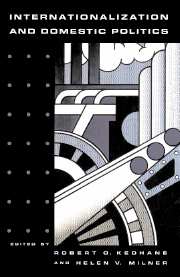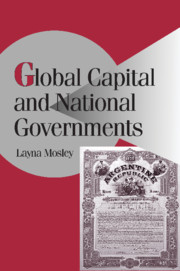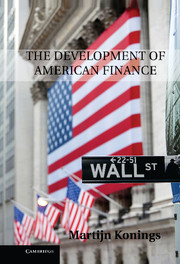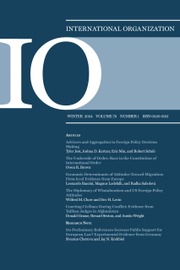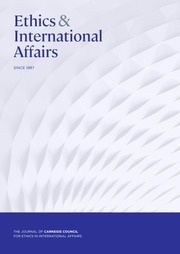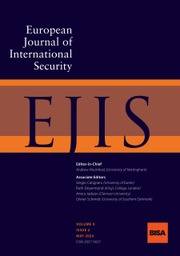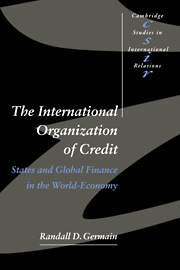
The International Organization of Credit
States and Global Finance in the World-Economy
Part of Cambridge Studies in International Relations
- Author: Randall D. Germain, University of Newcastle upon Tyne
- Date Published: November 1997
- availability: Available
- format: Paperback
- isbn: 9780521598514
Paperback
Other available formats:
Hardback, eBook
Looking for an inspection copy?
This title is not currently available on inspection
-
In this book, Randall Germain explores the international organization of credit in a changing world economy. At the centre of his analysis is the construction of successive international organisations of credit, built around principal financial centres (PFCs) and constituted by overlapping networks of credit institutions, mainly investment, commercial, and central banks. A critical historical approach to international political economy (IPE) allows Germain to stress both the multiple roles of finance within the world economy, and the centrality of financial practices and networks for the construction of monetary order. He argues that the private global credit system which replaced Bretton Woods is anchored unevenly across the world's three principal financial centres: New York, London, and Tokyo. This balance of power is irrevocably fragmented with respect to relations between states, and highly ambiguous in terms of how power is exercised between public authorities and private financial institutions.
Read more- An historical analysis of the place of the credit system in the world economy, looking at the impact of changes in the role and structure of banks and world financial centres
- Argues that the 'privatization' of the global financial system, with states losing control, has led to instability
- Interdisciplinary in approach and appeal - for economists, business and finance scholars/students, historians, as well as international relations
Reviews & endorsements
'There is no doubt that The International Organization of Credit merits close attention. Anyone interested in the restructuring of relationships within the world economy, and particularly the power of finance, will find this a wide-ranging, innovative and thought-provoking contribution to, and construction of, both IPE as a discipline and the international political economy as everyday practice.' Adam David Morton, International Affairs
Customer reviews
Not yet reviewed
Be the first to review
Review was not posted due to profanity
×Product details
- Date Published: November 1997
- format: Paperback
- isbn: 9780521598514
- length: 224 pages
- dimensions: 229 x 152 x 13 mm
- weight: 0.34kg
- contains: 5 b/w illus. 8 tables
- availability: Available
Table of Contents
List of figures and tables
Preface
Note on figures and tables
Glossary
1. Routes to international political economy: accounting for international monetary order
Part I. The International Organization of Credit in Historical Perspective:
2. The power of cities and their limits: principal financial centres and international monetary order
3. Between change and continuity: reconstructing 'Bretton Woods'
Part II. The Contemporary International Organization of Credit:
4. The era of decentralized globalization
5. Decentralized globalization and the exercise of public authority
6. Finance, power and the world-economy approach: towards an historical-institutional international political economy
Appendix: top merchant/investment banks, by city and era
References
Index.
Sorry, this resource is locked
Please register or sign in to request access. If you are having problems accessing these resources please email [email protected]
Register Sign in» Proceed
You are now leaving the Cambridge University Press website. Your eBook purchase and download will be completed by our partner www.ebooks.com. Please see the permission section of the www.ebooks.com catalogue page for details of the print & copy limits on our eBooks.
Continue ×Are you sure you want to delete your account?
This cannot be undone.
Thank you for your feedback which will help us improve our service.
If you requested a response, we will make sure to get back to you shortly.
×
